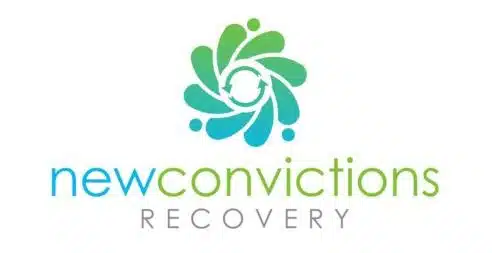
Utilizing a blend of traditional and innovative approaches, our programs tackle addiction and underlying mental and substance abuse issues, ensuring holistic recovery. At New Convictions Recovery, we’re committed to making a difference in the lives of those we serve, providing the essential tools and resources for a brighter, addiction-free future.
Understanding the Dangers of Gambling Addiction
Defined as a Compulsive Need
Gambling addiction is characterized by an irresistible compulsion to gamble, even when faced with negative consequences or a strong desire to quit.
A Behavioral Addiction
Similar to substance abuse disorders, gambling addiction is often grouped under the umbrella of behavioral addictions. It shares many similarities with other addictive behaviors.
Exploring the Root Causes
Underlying factors contributing to gambling addiction can vary widely. Some individuals are drawn to the thrill of taking risks, while others are motivated by the potential for financial gain. For some, gambling becomes a means of escaping stress and reality.
Recognizing the Problem
The first step in addressing gambling addiction is raising awareness about the issue. This self-awareness helps individuals acknowledge the problem and take the necessary steps towards seeking help and recovery.
Recognizing the Signs and Symptoms
Lack of Control
A key sign of compulsive gambling is the inability to control or reduce gambling activity, despite experiencing negative consequences as a result.
Obsession with Past Experiences
Individuals with a gambling addiction often become preoccupied with past gambling experiences. They may constantly relive and focus on these memories.
Chasing Losses
Gambling addicts frequently increase their bets after incurring losses, hoping to recoup their previous losses. This behavior is known as “chasing losses” and can lead to even greater financial and emotional strain.
Restlessness and Irritability
When attempting to reduce or quit gambling, individuals may experience restlessness or irritability. This can be a sign of withdrawal symptoms and the struggle to break free from the addiction.
Secrecy and Deception
Gambling addicts often hide their gambling activities and may lie about the extent of their involvement to loved ones. This secrecy can contribute to the isolation and deterioration of relationships.
Financial Consequences
Gambling addiction frequently leads to financial strain. Individuals may resort to maxing out credit cards, taking out loans, or even resorting to theft in order to fund their gambling habits.
3. Importance of Seeking Professional Help for Gambling Addiction
- Compulsive gambling can lead to severe mental, financial, and interpersonal issues.
- Professional intervention increases the chances of sustainable recovery.
- Counselors and therapists specializing in gambling addiction offer targeted solutions and coping strategies.
- Get help for gambling addiction in NJ: Seek out the Council of New Jersey at https://800gambler.org for specialized services.
4. Treatment Options for Compulsive Gambling
- Individual and group therapy focuses on the root causes and triggers.
- Cognitive Behavioral Therapy (CBT) to address and change negative patterns of thought.
- Medication to treat any underlying mental health disorders contributing to the addiction.
- Join a gambling addiction rehabilitation program in New Jersey for comprehensive care.
5. Resources for Individuals with a Gambling Addiction
- Gambling Addiction Hotline: Immediate assistance and information for those in crisis. 609-588-5515
- Online resources provide information, guidance, and access to support networks.
- Local NJ centers and organizations, such as the NJ Council on Compulsive Gambling, offer services, therapy, and programs for recovery.
- Utilize gambling addiction counseling services in New Jersey to find group and individual therapy options.
